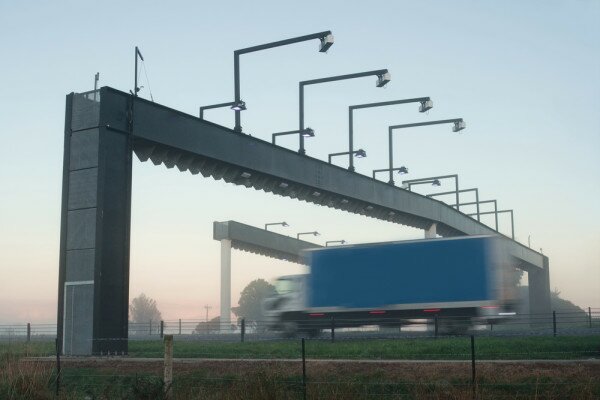
Gauteng motorists with outstanding e-tolls may soon face “on road enforcement” when provincial traffic police are mandated with enforcing payments of outstanding e-toll bills, according to a report.
Business Day reports Jamie Surkont, chief executive officer (CEO) at Electronic Toll Collection, the company running the Gauteng tolling system, said “on road enforcement” was a precursor to prosecution.
Surkont said the programme would be run by the Gauteng Department of Community Safety and was more of a “customer service” initiative.
HumanIPO reported last week claims by Gauteng road users they were being stopped by Johannesburg Metro Police to check e-tag registration, an accusation the South African National Roads Agency Limited (SANRAL) later denied.
The Justice Project South Africa (JPSA) has said if the “on road enforcement” initiative is targeting those with “cloned, obscured, altered or missing number plates, that is one thing and it’s fully within the law”.
However, it said if it was going to be used to stop those who have not paid outstanding e-tolls in order to “’escort them to a customer service centre to pay, as has previously been mooted, then this will be fully illegal and tantamount to kidnapping and extortion”.
The organisation said while officers could issue a summons, individuals cannot be detained until the summons document is presented to them.
The JPSA also said “on road enforcement” would prove inefficient.
“Stopping motor vehicles that have outstanding e-tolls against the licence number will be a hit or miss situation since a large proportion of vehicles are driven by people other than the registered owner,” it said.
“Members of the public are warned that paying an admission of guilt fine on a summons issued in terms of Section 54 or Section 56 of the Criminal Procedure Act is equivalent to pleading or being found guilty of the offence in court and will incur a criminal record for them.”
Opposition to Urban Tolling Alliance (OUTA) chairperson Wayne Duvenage told HumanIPO the move was part of the “spook” tactics employed by SANRAL to increase the compliance rate, though Surkont was speaking out of turn as this would be a government move.
“We believe it is imperative that they spell out exactly what ‘on the road enforcement’ means. Will they pull people over who are in arrears? What if the user is not the owner and the owner is responsible for payment?” he said.
“There will be many innocent people caught up in this mess, as we believe there are well over 1.3 million freeway users not paying. One wonders what the backlash will be, the unintended circumstances, the housewife who is delayed in collecting her child from school, or the person late for a critical doctors appointment.”
Image courtesy of Shutterstock
















